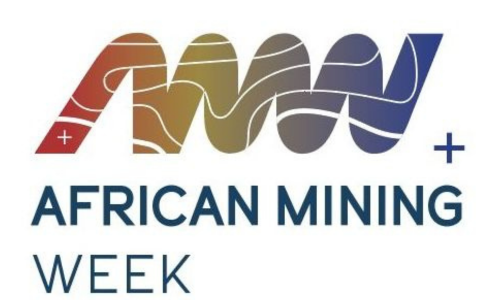World Bank Backs Mining as Zambia’s Economic Engine Ahead of AMW 2025
)
The upcoming African Mining Week (AMW) conference – taking place October 1-3 in Cape Town - will feature a country spotlight session on Zambia. The session – titled Zambia: Accelerating Exploration and Development Through License Allocation - will provide insight into the country’s mineral potential, connecting project and investment opportunities with financiers and mining operators. As Africa’s premier gathering for mining stakeholders, AMW 2025 is well-positioned to support Zambian economic growth by facilitating new investment across the mining sector.
Scaling Energy Transition Metals Production
To support economic growth in Zambia, the World Bank underscores the need to scale-up the production of ETM. To achieve this, recommendations include the implementation of reforms aimed at boosting mineral output, exploration across new deposits and workforce development. In line with these recommendations, Zambia is already advancing a national plan to increase ETM production, specifically copper, while enhancing seismic data acquisition to support future exploration activities. Zambia has set a national target of increasing annual copper production to three million tons by 2031. In line with this goal, the country saw a 29.9% rise in copper output from Q1, 2024 to Q1, 2025. Major projects are also underway, including the Mimosa Resources-led Kashime copper mine, the relaunch of the Vedanta Resources-led Konkola mine and the International Resources Holding-led Mopani mine. Meanwhile, to support exploration efforts, the country is implementing a nationwide geomapping campaign to better understand its geology and mineral basins. As of June 2025, the campaign was 80% complete.
Maximizing Fiscal Potential
As production increases across the ETM sector, the World Bank has underscored the role of improved revenue management and better allocation mechanisms to support fiscal sustainability and sectoral service delivery. Such mechanisms would ensure that mining revenue creates long-term impacts for the economy. In line with these, Zambia’s Ministry of Mines and Minerals Development is operationalizing the Minerals Regulation Commission and restructuring its departments to include dedicated units for Geological Survey, Artisanal and Small-Scale Mining (ASM) and Large-Scale Investment Promotion. These reforms aim to improve governance, transparency and institutional efficiency. The government also unveiled the Zambia Integrated Mining Information System - a digital platform to track mining company activities, monitor local content and tax contributions and provide public access to data on mineral prospects.
Adding Value to Mineral Resources
In addition to ETM production and revenue, the development of Zambia’s copper value chain creates a range of economic opportunities for the country, from job creation to business participation to trade and financing. By redirecting capital to local businesses and downstream projects, the country will be able to address barriers to value-adding activities, thereby stimulating more inclusive economic growth. Progress is already underway in this regard. Zambia plans to establish mineral market centers and washing plants in Mumbwa, Rufunsa, Chisamba and Kasempa to empower small-scale miners, as part of its value addition strategy. A national training program for licensed artisanal miners is also in the pipeline to improve safety, productivity and skills. These efforts seek to support local miners, creating greater value from the ETM value chain.
African Mining Week serves as a premier platform for exploring the full spectrum of mining opportunities across Africa. The event is held alongside the African Energy Week: Invest in African Energies 2025 conference from October 1-3 in Cape Town. Sponsors, exhibitors and delegates can learn more by contacting sales@energycapitalpower.com.


